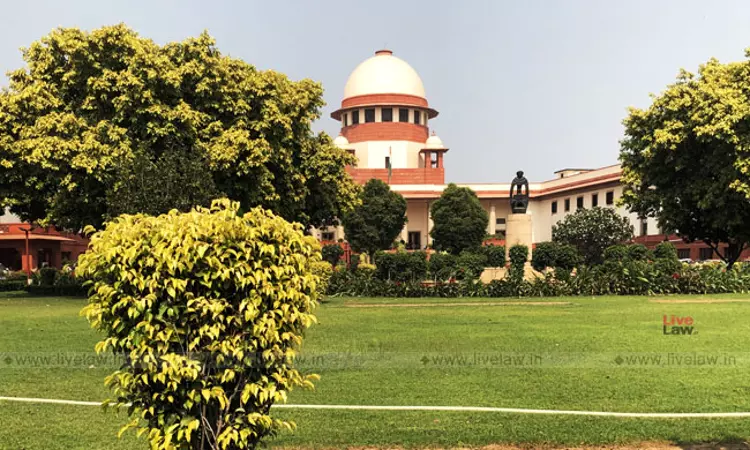SC Adjourns Petitions Challenging Abrogation Of Art 370 To Dec 10
Mehal Jain
14 Nov 2019 10:34 PM IST

Next Story
14 Nov 2019 10:34 PM IST
The Supreme Court five-judge bench headed by Justice N. V. Ramana on Thursday deferred to December 10 the hearing in a string of petitions challenging the restructuring of Article 370.After the 4 weeks' time sought by the Centre for filing its reply, when the cases were taken up by the court on Thursday, the bench was of the view that there being many connected matters, the hearing would...
